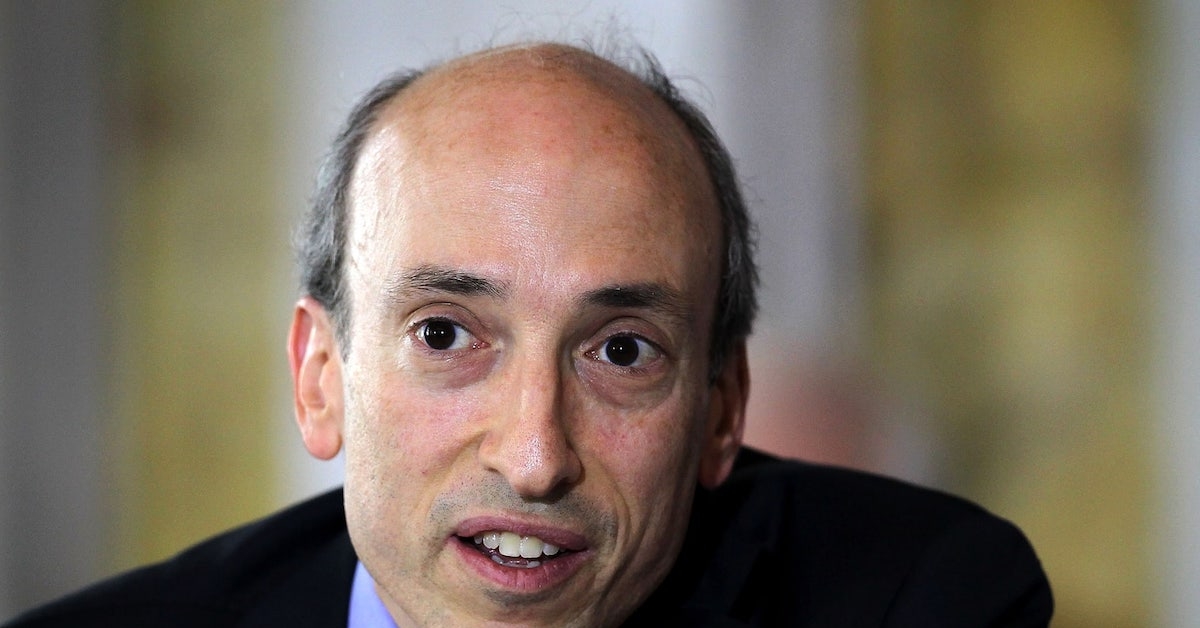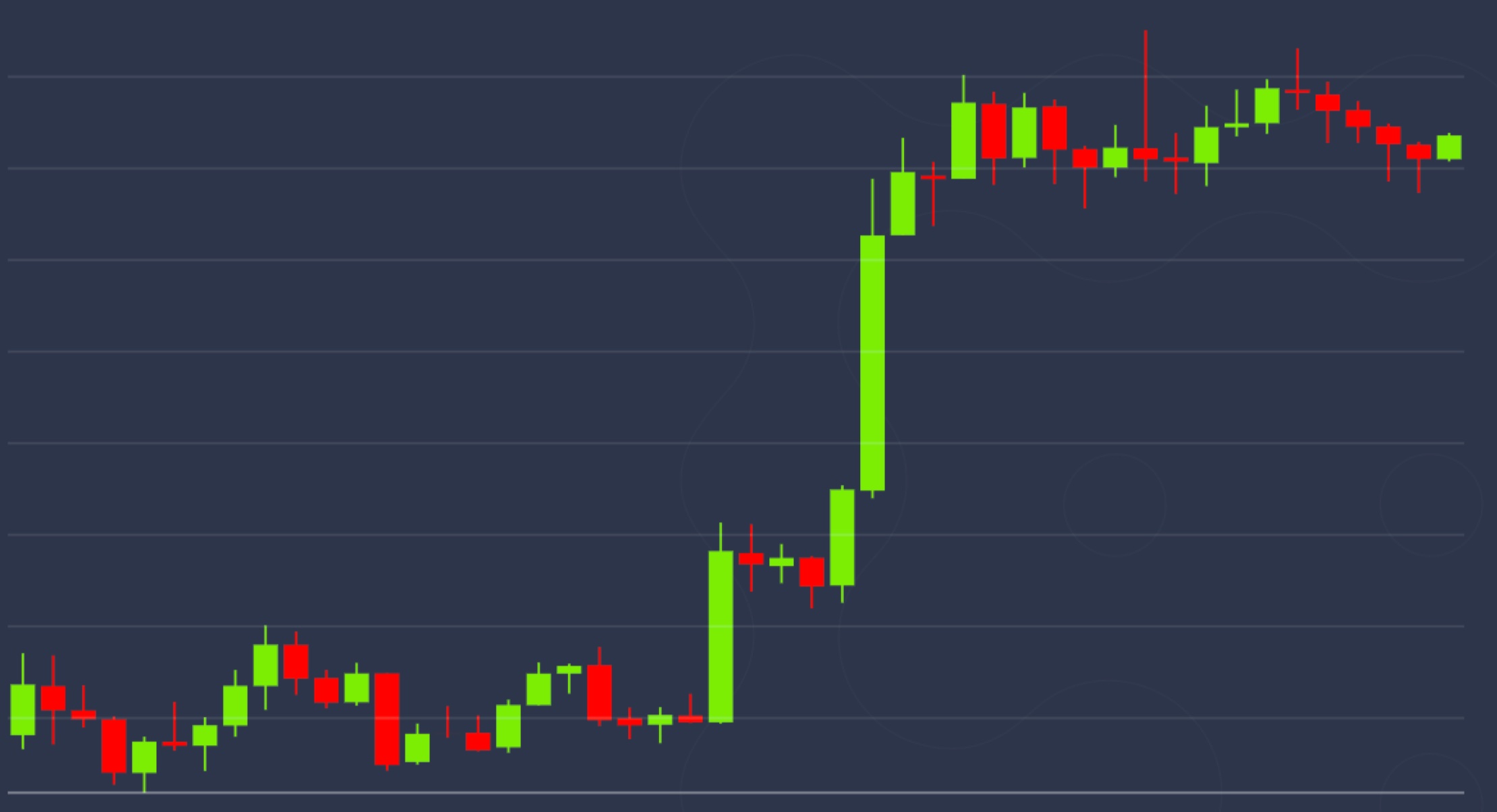The Problem With Money Is ‘Too Much Privacy,’ Says Ex-US Treasury Secretary Summers
Former U.S. Treasury Secretary Lawrence Summers speaks during Consensus: Distributed.
The Problem With Money Is ‘Too Much Privacy,’ Says Ex-US Treasury Secretary Summers
Former U.S. Treasury Secretary Lawrence Summers said there may be “too much privacy” associated with government-issued cash, noting the prevalence of money laundering and its widespread use for storing and moving the proceeds from corruption.
“I think the problems we have now with money involve too much privacy,” Summers said in an appearance at CoinDesk’s Consensus: Distributed virtual conference on Monday. “In a world of inordinate tax evasion, trillions of dollars of laundered money around corruption and the drug trade, the last objective of government policy should be the promotion of anonymity with respect to large financial transactions.”
While many people in the cryptocurrency community and elsewhere are concerned that the digitization of money and elimination of physical cash would result in an Orwellian surveillance state, Summers was blunt in contending that traceability would be a feature, not a bug.
If there is a case for central banks to issue digital currencies, he said, “it’s the opposite. Leveling the playing field between large and small players and making it more difficult for anonymous forms of finance to flourish. Of all the important freedoms, the ability to do multi-million dollar transactions anonymously is one of the least important freedoms.”
His comments stand in contrast to those of fellow establishment figure Yves Mersch, a board member of the European Central Bank, who spoke sympathetically of the privacy concerns some have about potential digital versions of fiat currencies during his keynote address earlier in the day.
“Some argue that a token-based digital currency might not guarantee complete anonymity. If that proved to be the case, it would inevitably raise social, political and legal issues,” Mersch said in his presentation.
But to Summers, anonymous digital cash with a government imprimatur would undermine the progress made by governments in combating financial crime since the 1970s.
“One of the financial community’s accomplishments has been some progress with respect to issues around bank secrecy, and I would think it tragic if we were to turn backwards in some jurisdictions in an effort to get some sovereignty revenue, were to go into competition by offering anonymous stores of value,” he said.
Watch the Summers segment here:
Inflation? Meh
On another subject, Summers said it would “not be sensible” to assume rampant inflation will result from the trillions of dollars of money injections that central banks have pumped into global financial markets as part of the coronavirus relief efforts.
Economists warned following the 2008 financial crisis that the Federal Reserve’s balance sheet “assured major inflation down the road,” Summers said. That didn’t transpire.
To assume that “this growth in the balance sheet necessarily points to an inflationary period would not be a sensible judgment,” Summers said.
The Fed’s assets have surged to $6.7 trillion, a 62% increase just since the end of February, a report last week showed.
Some cryptocurrency investors claim bitcoin can serve as a hedge against the potential inflation caused by central-bank money injections, though analysts have noted that recessions often can be deflationary, as flagging consumer demand and higher unemployment reduce upward pressure on prices and wages.
Summers acknowledged that “one would be a fool not to recognize that the inflation risks, given the magnitude of this dislocation, are greater than they were three months ago.”
He said it’s likely there will be a “blurring of the roles of the Treasury and the Fed” as authorities work to mitigate the devastating economic and market impact of the coronavirus.
“Inevitably there’s going to be more overlap in the roles of monetary and fiscal policy,” Summers said. “The high point of central-bank independence has been passed.”
Disclosure Read More
The leader in blockchain news, CoinDesk is a media outlet that strives for the highest journalistic standards and abides by a strict set of editorial policies. CoinDesk is an independent operating subsidiary of Digital Currency Group, which invests in cryptocurrencies and blockchain startups.









